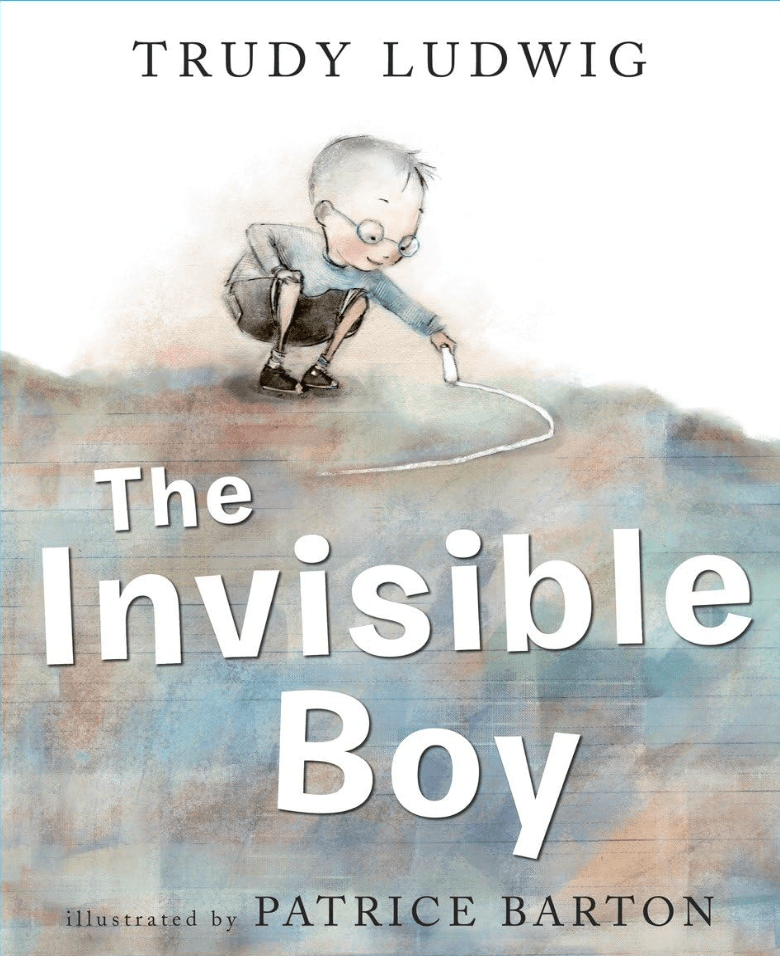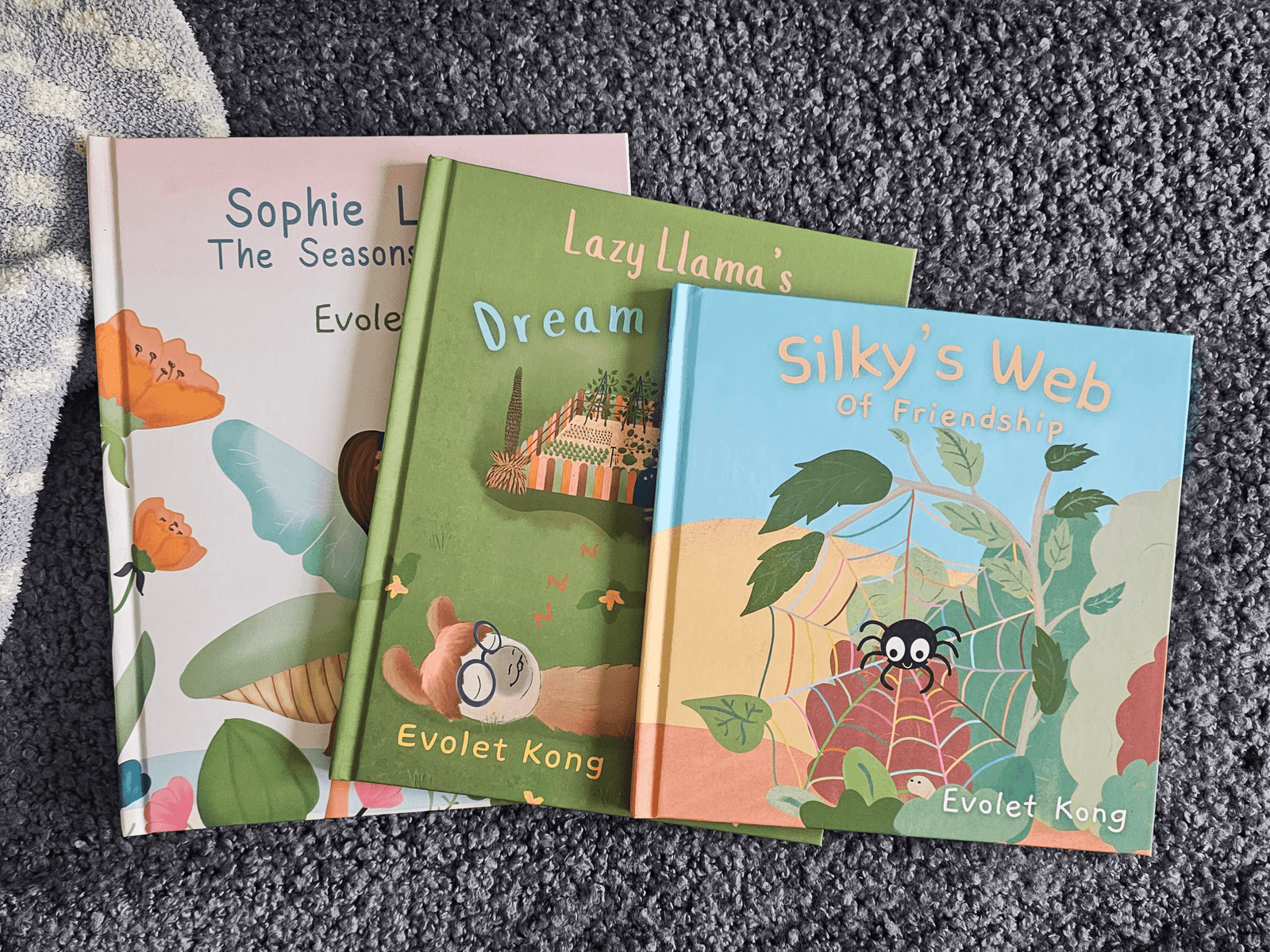
At the end of a busy day, there’s nothing quite like snuggling up with your little one and diving into a bedtime story. But as much as this routine helps settle your child down for sleep, bedtime stories are doing so much more behind the scenes. They are building connections, sparking imagination, and teaching life lessons in ways that go far beyond the pages of a book.
In this post, we’ll explore how bedtime stories help nurture your child’s emotional and cognitive development and why this simple routine can have a lasting impact on their lives.
1. Foster Bonding
There’s a unique sense of closeness that comes from reading a story together before bed. During the day, life can be chaotic. Between school runs, work, chores, and extracurricular activities, it’s easy for meaningful one-on-one time to slip through the cracks. Bedtime stories create a daily moment of calm where you and your child can reconnect.
The shared experience of exploring a story together builds emotional intimacy and trust, giving your child the reassurance that they are loved and supported. These are the moments that your child will remember when they’re older, where they felt safe, cared for, and truly seen. Bedtime reading isn’t just about getting to sleep; it’s about reinforcing your bond in a peaceful, comforting way.
2. Encourage Imagination
When you crack open a storybook, you’re also opening a window to endless possibilities. Whether the story is about talking animals, secret kingdoms, or far-off galaxies, bedtime stories transport your child to new worlds where anything can happen.
Imagination is like a muscle. The more you use it, the stronger it gets. Bedtime stories help kids flex their creativity as they visualize the characters, settings, and adventures unfolding in their minds. Encouraging this type of imaginative thinking is crucial, not only for storytelling but for problem-solving and innovation in their everyday lives. Imagination allows kids to think outside the box, dream up solutions, and see the world through different lenses—skills that will serve them well as they grow.
3. Calm and Soothe
Bedtime can sometimes be a tricky part of the day, especially when kids are overtired or still buzzing with energy from the day’s activities. But bedtime stories provide a gentle, calming transition from the excitement of the day to the quiet of night. The slow, rhythmic pace of reading helps children relax, while your soothing voice creates a sense of safety and comfort. The repetitive nature of the bedtime routine itself, choosing a book, climbing into bed, and settling down with a story, all signals to your child that it’s time to wind down.
This predictability can help ease nighttime anxiety and make falling asleep easier. By the time you reach “The End,” your child is not just physically ready for bed, but mentally prepared to drift off into a peaceful sleep.
4. Build Vocabulary
Every time you read a bedtime story, you’re exposing your child to new words, phrases, and expressions they might not hear in day-to-day conversation. From descriptive words that paint vivid pictures (“the glistening, emerald-green forest”) to the unique dialogue of characters, stories help expand your child’s vocabulary in a natural, engaging way.
As your child listens, they start to connect words with their meanings, context, and emotions. You can even pause to explain new words or ask your child to guess what they mean. Over time, your child will begin to use these words in their own conversations, growing their language skills without even realizing it. This expanded vocabulary not only benefits their communication skills but also improves their reading comprehension as they encounter more complex texts later on.

5. Teach Life Lessons and Values
Books have the incredible ability to teach children about the world, including how to navigate tricky situations and make sense of their emotions. Many bedtime stories are packed with important life lessons, like the value of kindness, the importance of honesty, or the courage it takes to stand up for what’s right.
By seeing how characters face challenges, make mistakes, and learn from their experiences, children begin to internalize these lessons in a way that feels approachable and relevant. You can also use the story as a starting point for discussions and ask questions like, “What would you do if you were in that situation?”, “How do you think the character felt when that happened?”, or “The llamas used teamwork to build a garden. What is something you can use teamwork to do?”. These conversations can help your child process their feelings and develop a strong sense of empathy and morality.
6. Develop Critical Thinking Skills
When you read a bedtime story, your child is doing more than just listening, they are actively thinking. As the story unfolds, they’re processing the plot, analyzing the characters’ choices, and trying to predict what will happen next. This type of engagement helps develop critical thinking skills, as children learn to connect cause and effect, understand consequences, and evaluate different outcomes.
You can help sharpen these skills by asking open-ended questions during the story. For example, “Why do you think the character did that?” or “What would you do if you were in their shoes?” Encouraging your child to think critically about the story fosters their ability to reason and make thoughtful decisions in their own lives.
7. Create a Love for Reading
Perhaps one of the most significant gifts bedtime stories offer is the foundation for a lifelong love of reading. When reading becomes a cherished part of their nightly routine, children start to associate books with comfort, adventure, and quality time with their parents. As they grow older, this love for stories will likely expand into a passion for independent reading, academic success, and curiosity about the world.
Reading doesn’t feel like a chore when it’s associated with warm, positive experiences and bedtime stories are the perfect way to plant that seed. The more your child enjoys reading now, the more likely they are to carry that enthusiasm for books into adulthood.
Bedtime stories are much more than a simple goodnight routine. They are a powerful tool for fostering emotional connection, igniting your child’s imagination, and teaching them valuable life skills. As you share these nightly moments together, you’re not just telling a story, you’re building memories, nurturing their creativity, and helping them grow into thoughtful, curious individuals.
So the next time you pick up that book at bedtime, know that you’re making a lasting impact, one story at a time!
5 Recommended Bedtime Stories to Read to Your Little Ones









